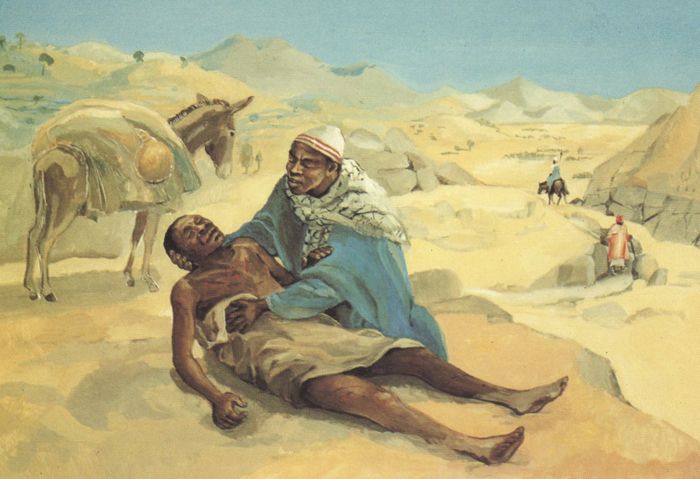On months with five Sundays, we take the Fifth Sunday to experiment with semi-programmed worship. Friends meetings identify along a spectrum from programmed to unprogrammed, based on how much of the service is planned ahead of time. We’re a relatively programmed meeting, most normal Sundays, with congregational singing, a pastoral prayer and an offertory, and a prepared sermon. Of course, now that we’re gathering on Zoom, all of that is a little different… but we’re still following a similar model.
Fifth Sundays are a space for being a little looser and more experimental. This Sunday, our semi-programmed worship will be an experiment in intergenerational worship. Instead of having a breakout room for the kids to join after the pastoral prayer, we’ll try to include kid-friendly activities throughout the service.
As part of that experiment, we’re going to try playing games on Kahoot! If you have kids in school, you’re probably familiar with seeing them play Kahoot with their classmates. Kahoot is an app that you can download on a tablet or a phone, and then we can all take quizzes together. It’s an easy way to keep kids engaged in the conversation, and of course it’ll be more fun with more Friends participating… so if you’re willing to play along, download the free app on your phone and get ready for some fun!
This week, we’re skipping ahead in the Gospel of Luke to the Parable of the Good Samaritan. It’s a familiar story for most of us, but I think that reflecting on the story together will give us a lot to consider. You can read the passage here on Bible Gateway.
If you’d like an overview of the Gospel of Luke up to this point in the story, check out this video from the Bible Project:
Debie Thomas writes:
In her book-length study of Jesus’s parables (Short Stories by Jesus, 2014), Amy-Jill Levine suggests that religion is meant “to comfort the afflicted and to afflict the comfortable.” She goes on to argue that we would do well to think of the parables of Jesus as doing this afflicting. “Therefore, if we hear a parable and think, ‘I really like that’ or, worse, fail to take any challenge, we are not listening well enough.”
The difficulty for me (and I assume, for many Christians) is that Jesus’s parables are familiar and beloved, so much so that I don’t experience them as afflictions. I know many of them inside out and backwards — and therein lies the great danger: they no longer challenge me. I read, I nod, and I walk away. The parables I love most don’t lay me bare.
The Gospel reading for this week — the parable of the Good Samaritan — presents exactly this dilemma. I learned the story in Sunday School, and have known it by heart for years. A man got robbed and was left for dead, a priest and a Levite passed him by, and a Samaritan stopped and helped. The Samaritan, showing mercy, exemplified neighborliness. I should do likewise.
What, I wonder now, would Jesus’s original audience make of my glib reading? Would they agree with it? Surely there’s nothing wrong with reading the Good Samaritan parable as a “go and do likewise” story. After all, we are called as imitators of Christ to assist, to show concern, and to offer compassionate care to those in need. The Good Samaritan offers us a beautiful example to follow, and we would do well to pay attention.
But is that it? Is that all the “afflicting” this story has for us? Or did Jesus have something more provocative in mind?
Perhaps it will help to place the story in a fuller context…
-Debie Thomas, “Go and Do Likewise“
Wilmington Yearly Meeting offers this query to consider: How consistently do I practice the Christian principles of love and goodwill toward all people?

